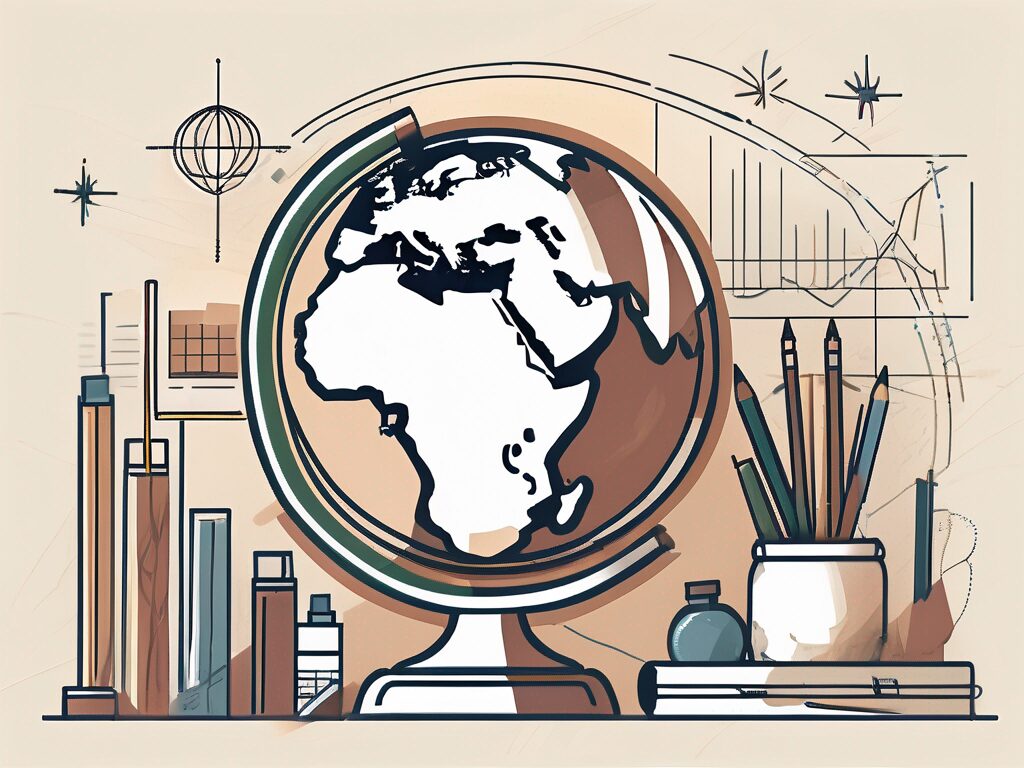Top 5 Challenges for International Teachers in the Dubai 2025
The United Arab Emirates (Dubai) has emerged as a prominent hub for international educators, attracting professionals from diverse backgrounds. However, teaching in this dynamic environment presents distinct challenges that differ significantly from those encountered in other regions. This guide aims to provide education consultants with a comprehensive overview of the primary challenges faced by international teachers in the Dubai, facilitating informed decision-making and effective adaptation strategies.
1. Navigating Cultural Nuances
The Dubai is characterized by a rich tapestry of cultural traditions and societal norms that may be unfamiliar to educators from Western backgrounds. International teachers must adeptly navigate these cultural differences to foster a conducive learning atmosphere. Key considerations include:
- Concept of Time: The perception of punctuality may vary, with meetings and classes occasionally commencing later than scheduled. Educators should remain adaptable to these variations.
- Gender Roles: While the Dubai is progressive, traditional gender roles persist. Female educators may encounter specific cultural expectations that necessitate sensitivity and awareness.
2. Overcoming Language Barriers
Although English is widely spoken, it is not the primary language for many students in the Dubai. This linguistic diversity can pose challenges in communication within the classroom. Educators are encouraged to:
- Adapt Teaching Methods: Employ strategies that accommodate varying levels of English proficiency to ensure comprehension among all students.
- Engage with Parents: Recognize potential communication barriers with non-English speaking parents and seek alternative methods to discuss student progress.
Additionally, learning basic Arabic phrases can enhance rapport with students and their families, fostering a more inclusive environment.
3. Adjusting to the Dubai Education System
The educational framework in the Dubai may differ markedly from that of other countries, emphasizing rote learning and memorization. International teachers should be aware of the following:
- Curriculum Focus: The national curriculum prioritizes subjects such as mathematics and science, potentially sidelining the arts and humanities. Educators passionate about these areas may need to advocate for their inclusion.
- Grading Practices: Familiarity with the Dubai’s grading system is essential, as it may diverge from teachers’ previous experiences. Understanding these differences is crucial for effective assessment and feedback.
4. Adapting to Living Conditions
While the Dubai boasts a high standard of living, the transition to local lifestyle can be challenging. Key factors to consider include:
- Climate: The extreme heat prevalent for much of the year may be a significant adjustment for those from cooler climates.
- Cost of Living: Major cities like Dubai and Abu Dhabi have a high cost of living. Although accommodation is often provided, educators should budget for additional expenses such as dining and entertainment.
- Legal Regulations: Familiarity with local laws is imperative. Understanding regulations regarding public behavior and alcohol consumption can prevent legal complications.
5. Ensuring Academic Standards and Facilities
When selecting schools, international teachers must prioritize institutions that uphold high academic standards and possess adequate facilities. Considerations include:
- Accreditation: Verify that the school is globally accredited, ensuring adherence to international educational standards.
- Teaching Philosophy: Assess the school’s educational approach to ensure alignment with the teacher’s pedagogical beliefs.
- Facilities: Evaluate the availability of resources such as libraries, laboratories, and technology to support effective teaching and learning.
Conclusion
Teaching in the Dubai offers a unique opportunity for professional growth and cultural immersion. However, international educators must be prepared to confront various challenges, including cultural differences, language barriers, educational system adjustments, lifestyle adaptations, and the selection of appropriate schools. By approaching these challenges with a strategic mindset and a commitment to continuous learning, educators can thrive in this vibrant educational landscape.
Enhance Your Teaching Career with IPGCE
For educators seeking to navigate the complexities of international teaching, the International Postgraduate Certificate in Education (IPGCE) provides essential support. This program equips teachers with the qualifications necessary for success in global educational settings, fosters professional connections, and deepens understanding of diverse educational systems. Explore flexible online study options and join a community of educators who have transformed their careers. Enroll in the UK’s leading Teacher Training Course today and embark on your journey towards excellence in international education.

